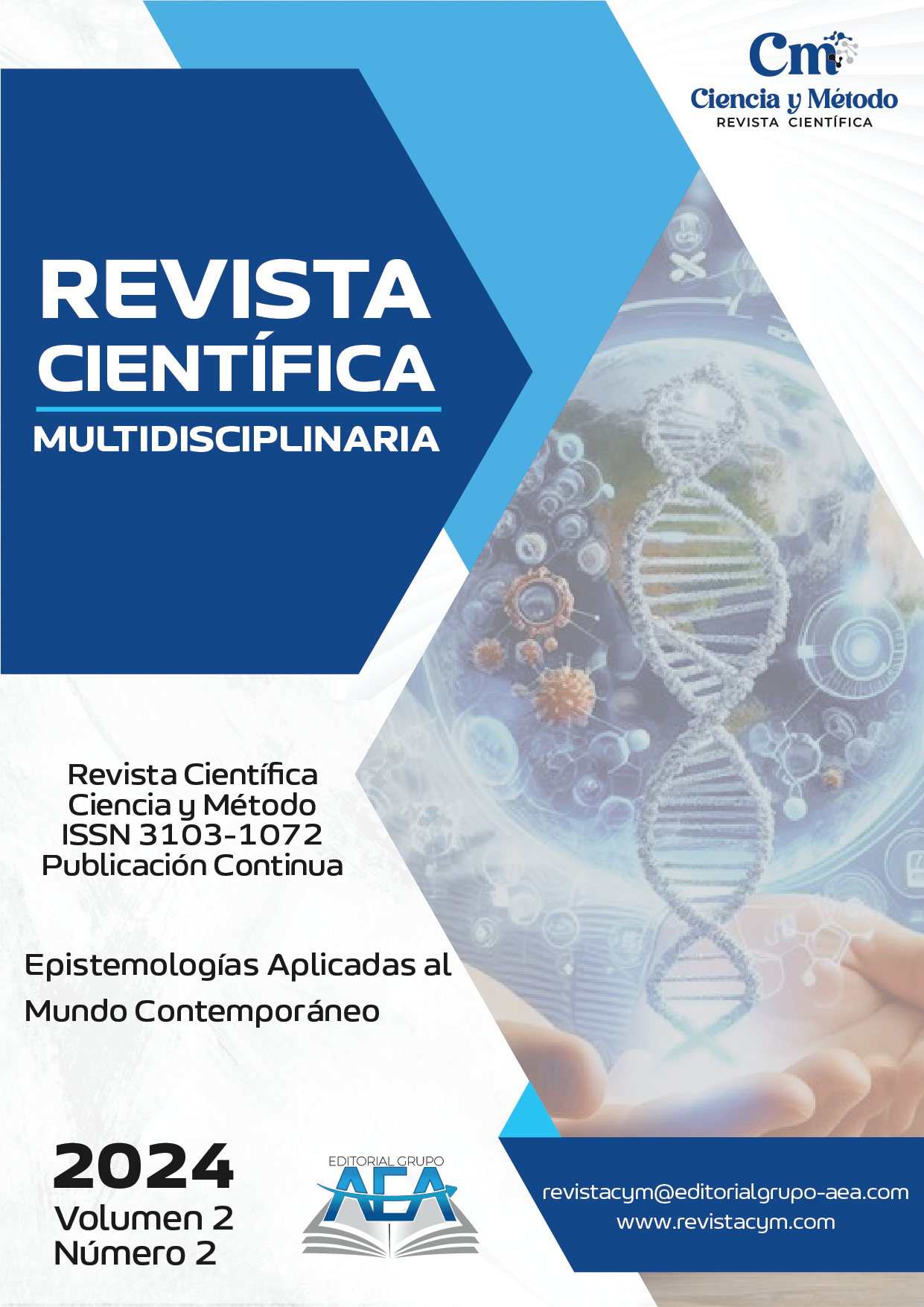Assessing the effectiveness of remote auditing in the post-pandemic era
Main Article Content
Abstract
The outbreak of the COVID-19 pandemic precipitated the adoption of remote auditing as an indispensable alternative to face-to-face processes, raising questions about its effectiveness in the post-pandemic period. This study employed a qualitative approach of a comprehensive literature review to identify factors affecting the quality of remote auditing, analyzing academic literature, technical reports and recent regulations. The findings reveal that technological limitations, unequal access to digital infrastructure and reliance on electronic evidence compromise the reliability of procedures, while digitization brings opportunities through the use of data analytics, artificial intelligence and continuous auditing. Also, the absence of updated regulatory frameworks and the lack of technological skills in auditors are critical challenges for its consolidation. The study concludes that remote auditing cannot be understood as a simple digital translation of traditional practices, but as a process that requires methodological redesign, regulatory strengthening and development of digital capabilities. These transformations are essential to ensure transparency, quality assurance and public confidence in an increasingly digitalized and uncertain environment.
Downloads
Article Details
Section

This work is licensed under a Creative Commons Attribution-NonCommercial 4.0 International License.
How to Cite
References
Appelbaum, D., Kogan, A., & Vasarhelyi, M. A. (2017). Big Data and analytics in the modern audit engagement: Research needs. Auditing: A Journal of Practice & Theory, 36(4), 1–27. https://doi.org/10.2308/ajpt-51684 DOI: https://doi.org/10.2308/ajpt-51684
Byrnes, P. E., Al-Ali, M. N., Appelbaum, D., Mahnke, R., & Mokrisová, M. (2021). Remote auditing in the COVID-19 era: Challenges, risks, and opportunities. Journal of Emerging Technologies in Accounting, 18(1), 47–68.
Calderón Bogotá, D. A. (2024). Educación contable en la era digital: Retos y estrategias para la formación universitaria post pandemia. Revista Colombiana de Contabilidad – ASFACOP, 13(26), 109–128. https://doi.org/10.56241/asf.v13n26.333
Casanova-Villalba, C. I., Proaño-González, E. A., Macias-Loor, J. M., & Ruiz-López, S. E. (2023). La contabilidad de costos y su incidencia en la rentabilidad de las PYMES. Journal of Economic and Social Science Research, 3(1), 17–30. https://doi.org/10.55813/gaea/jessr/v3/n1/59 DOI: https://doi.org/10.55813/gaea/jessr/v3/n1/59
Chavarría Masís, K. T., & Fonseca León, J. E. (2023). Auditoría de la información aplicada en el Instituto de Investigación y Servicios Forestales para la evaluación de la gestión de los recursos de información (Proyecto de fin de carrera). Universidad Nacional de Costa Rica. http://hdl.handle.net/11056/26292
Duarte Vázquez , L. M. (2022). Caracterización del desempeño del Contador Público postpandemia. Ciencia Latina Revista Científica Multidisciplinar, 6(6), 10878-10888. https://doi.org/10.37811/cl_rcm.v6i6.4172 DOI: https://doi.org/10.37811/cl_rcm.v6i6.4172
Herrera-Sánchez, M. J., Navarrete-Zambrano, C. M., Núñez-Liberio, R. V., & López-Pérez, P. J. (2023). Elementos de un sistema de costeo para la producción de Sacha Inchi. Journal of Economic and Social Science Research, 3(1), 1–16. https://doi.org/10.55813/gaea/jessr/v3/n1/58 DOI: https://doi.org/10.55813/gaea/jessr/v3/n1/58
International Auditing and Assurance Standards Board. (2020). Staff Audit Practice Alert: The Auditor’s Considerations in Respect of COVID-19. IFAC.
International Federation of Accountants. (2021). Building Trust in a Digital World. IFAC.
Kokina, J., & Davenport, T. H. (2017). The emergence of artificial intelligence: How automation is changing auditing. Journal of Emerging Technologies in Accounting, 14(1), 115–122. https://doi.org/10.2308/jeta-51730 DOI: https://doi.org/10.2308/jeta-51730
KPMG. (2021). Audit quality in a virtual world. KPMG International. https://home.kpmg/xx/en/home/insights/2021/02/audit-quality-in-a-virtual-world.html
López Castañeda, J. J. (2022). Evaluación de la implementación de la enseñanza remota de emergencia en la transformación de la gestión académica en el Colegio Taller Psicopedagógico de los Andes (Tesis de Maestría, Maestría en Evaluación y Aseguramiento de la Calidad de la Educación con énfasis en Evaluación de Instituciones Educativas). Universidad Externado de Colombia. https://doi.org/10.57998/bdigital/handle.001.1488
López-Pérez, P. J. (2023). Análisis del Impacto de la Norma Internacional de Información Financiera (NIIF) en las PYMEs Ecuatorianas. Revista Científica Zambos, 2(1), 74-86. https://doi.org/10.69484/rcz/v2/n1/39 DOI: https://doi.org/10.69484/rcz/v2/n1/39
Maroun, W. (2020). Modernising auditing standards to accommodate remote auditing. Meditari Accountancy Research, 28(5), 727–754.
Moll, J., & Yigitbasioglu, O. M. (2019). The role of internet-related technologies in shaping the work of auditors: An institutional work perspective. Accounting, Auditing & Accountability Journal, 32(3), 759–781. https://doi.org/10.1016/j.bar.2019.04.002 DOI: https://doi.org/10.1016/j.bar.2019.04.002
Urbano Mosquera, M. A. (2021). ¿Cómo garantizar la productividad laboral frente a la implementación del trabajo remoto en el sector financiero? (Proyecto de grado para el título de Contador Público). Universidad Autónoma de Bucaramanga – UNAB. http://hdl.handle.net/20.500.12749/15345
Vega Morejón, M. C. (2023). Análisis de las estrategias de sostenibilidad económica de las pymes ecuatorianas de la rama de servicios en el mercado post pandemia (Magíster en Administración de Empresas). Universidad del Azuay. http://dspace.uazuay.edu.ec/handle/datos/13799
Yoon, K., Hoogduin, L., & Zhang, L. (2015). Big Data as complementary audit evidence. Accounting Horizons, 29(2), 431–438. https://doi.org/10.2308/acch-51076 DOI: https://doi.org/10.2308/acch-51076





